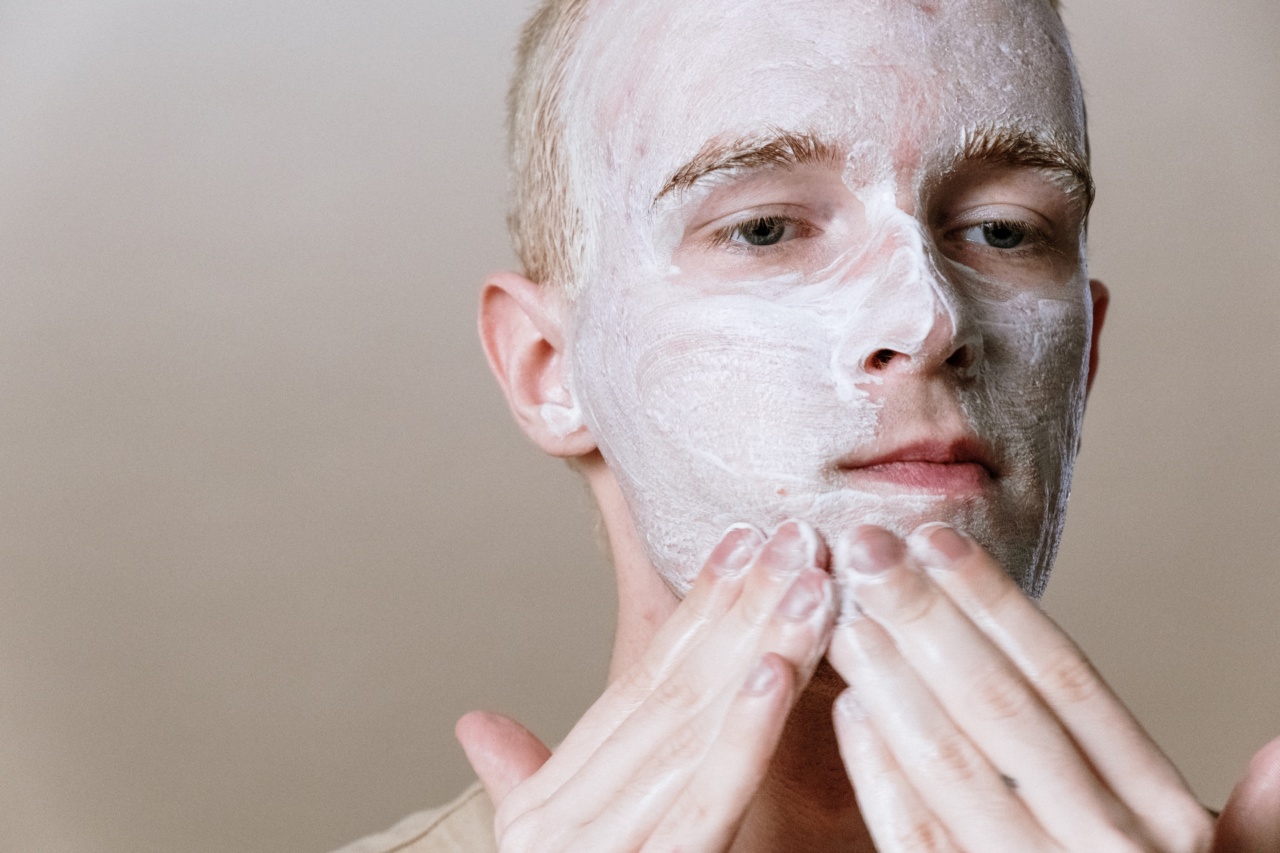Acne is a common skin condition that affects millions of people worldwide. It is often associated with hormonal changes during puberty, but it can occur at any age, leaving individuals struggling with self-esteem and confidence.
While many people attribute acne to factors such as genetics, poor hygiene, or diet, there are several overlooked culprits that play a significant role in the development and persistence of acne.
1. Stress
Stress has been widely recognized as a trigger for various health issues, including acne. When we experience stress, our body releases cortisol, a hormone that increases oil production in the skin.
Excess oil can clog pores and lead to the formation of acne. Additionally, stress affects our immune system, making it less effective at fighting off the bacteria that contribute to acne formation.
2. Sleeping Habits
Getting enough sleep is crucial for maintaining overall health and well-being, including the condition of our skin. Lack of sleep and irregular sleeping patterns can disrupt hormone balance, which can aggravate acne.
Moreover, during deep sleep, our body repairs and rejuvenates the skin. Inadequate sleep can limit this essential process, leading to increased acne breakouts.
3. Pollution
Living in urban areas often means exposure to high levels of air pollution. Pollutants in the air, such as particulate matter and chemicals, can settle on the skin’s surface and mix with sebum, resulting in clogged pores and acne formation.
To reduce the effects of pollution on the skin, it’s important to cleanse thoroughly and protect the skin with a barrier, such as an antioxidant-rich moisturizer.
4. Medications
Surprisingly, some medications prescribed for unrelated health conditions can inadvertently trigger or worsen acne.
Medications such as steroids, hormonal contraceptives, anticonvulsants, and antipsychotics can disrupt hormone balance, increase oil production, or cause skin irritation, all of which contribute to acne breakouts. If you suspect your medication may be causing acne, consult with your healthcare provider for alternative options or additional treatments to help manage your skin.
5. Skincare Products
While skincare products are meant to improve the condition of our skin, some products can actually worsen acne. Certain ingredients, such as fragrances, dyes, and comedogenic oils, can clog pores and lead to breakouts.
Additionally, overusing or combining too many products can disrupt the skin’s pH balance and strip away its natural protective barrier, making it more susceptible to acne-causing bacteria. It is essential to choose non-comedogenic, oil-free, and gentle products to prevent acne flare-ups.
6. Sweat
Exercise is an excellent way to stay healthy and relieve stress, but excessive sweat production can be a trigger for acne.
Sweat itself does not cause acne, but when it mixes with oil, dirt, and bacteria on the skin’s surface, it can clog pores, leading to breakouts. To minimize the effects of sweat on the skin, it is crucial to cleanse gently after exercising and change out of sweaty clothes as soon as possible.
7. Electronic Devices
In this digital age, we are constantly surrounded by electronic devices such as smartphones, laptops, and tablets. These devices can harbor bacteria and dirt, which can transfer to our skin when in contact.
Additionally, the blue light emitted by screens can penetrate the skin and trigger inflammation, exacerbating acne. To minimize the impact of electronic devices on the skin, it is important to clean them regularly and limit exposure, especially before bedtime.
8. Hormonal Imbalances
Hormonal imbalances, particularly in women, can contribute to acne development. Fluctuations in hormone levels, such as those that occur during the menstrual cycle, pregnancy, or menopause, can result in increased oil production and pore blockage.
Women with polycystic ovary syndrome (PCOS) are particularly prone to hormonal acne due to higher levels of androgens. Managing hormonal imbalances through lifestyle changes or medical interventions can help alleviate acne symptoms.
9. Food Sensitivities
While diet alone is not a primary cause of acne, certain individuals may experience acne flare-ups due to food sensitivities or allergies. Common culprits include dairy products, high-glycemic foods, and foods rich in refined sugars.
These foods can increase inflammation in the body and potentially contribute to the development of acne. Identifying trigger foods and making dietary adjustments may help improve skin condition.
10. Climate and Humidity
The climate we live in can impact our skin health, particularly in humid regions. High humidity can lead to excess sweat production and increased oiliness, creating an environment conducive to acne formation.
On the other hand, dry climates may cause the skin to become dehydrated, leading to increased oil production to compensate for the lack of moisture and potentially clogging pores. Proper skincare routines should include adjustments based on the local climate.
Understanding and addressing these often overlooked culprits of acne can significantly improve skin health and reduce the frequency and severity of breakouts.
While genetics and hormonal factors play a role, it is essential to adopt a holistic approach that considers various lifestyle factors and environmental influences. By identifying and managing these triggers, individuals can regain control of their skin and restore their self-confidence.






























